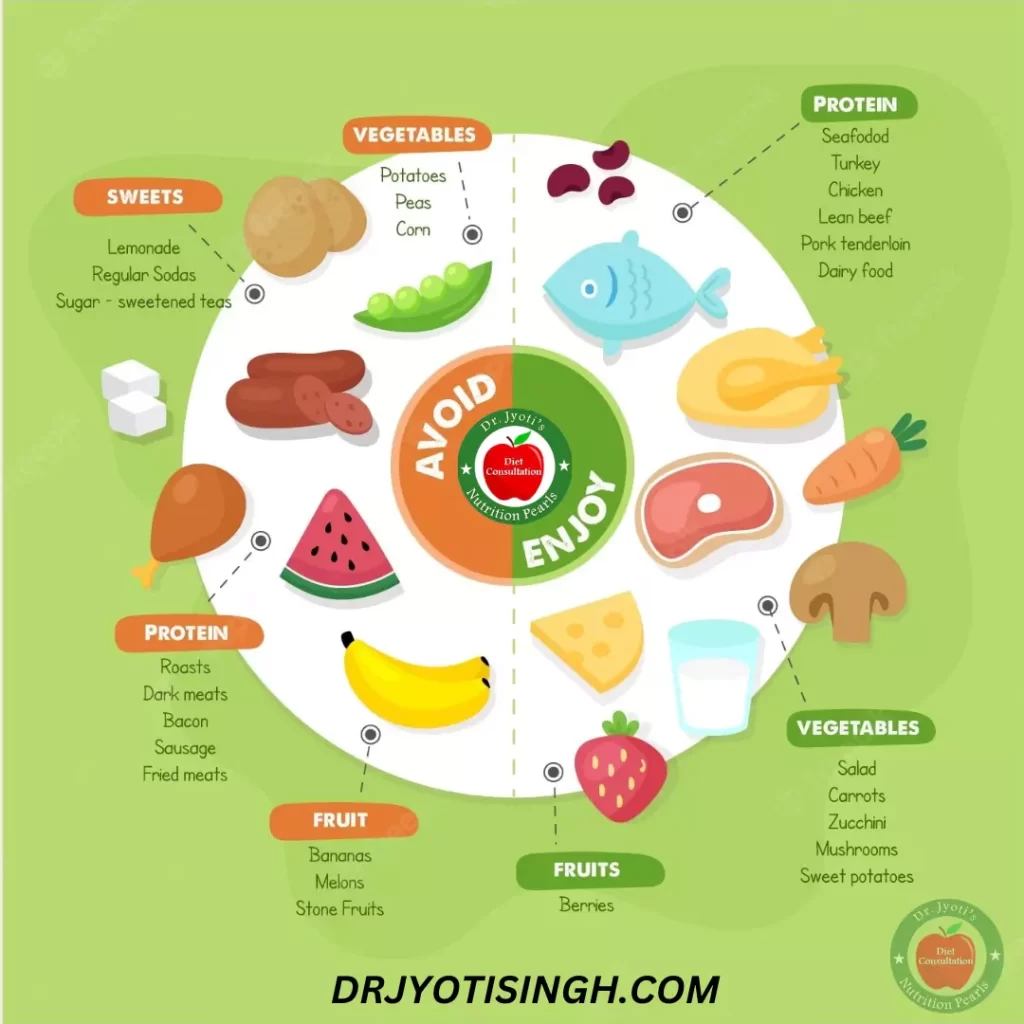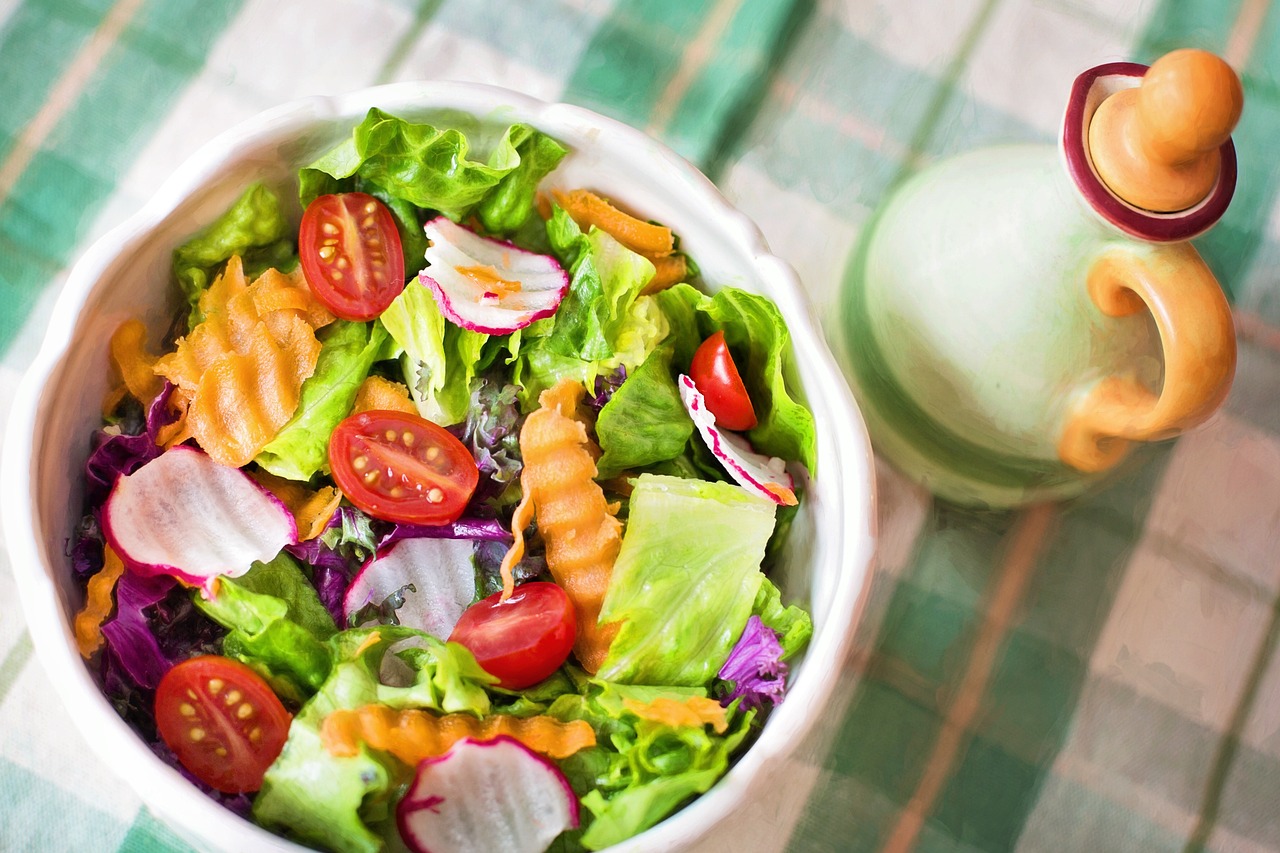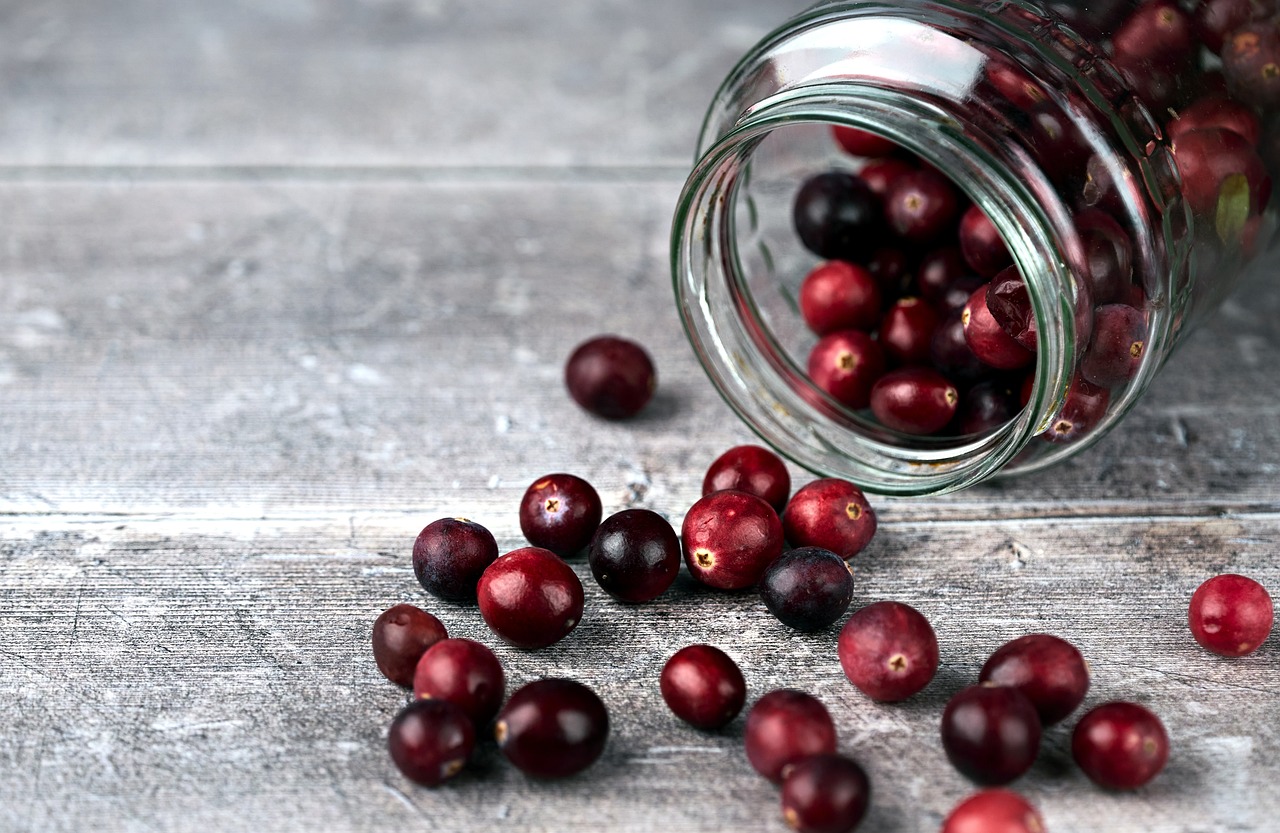Pregnancy is a very special time in a woman’s life, and taking care of nutrition has become more important than ever. Lately, prenatal pregnancy plans are being given a lot of attention as families realize how diet and lifestyle affect both the mother and baby.
Dr. Jyoti, a top nutritionist in India, and fitness trainers like Yasmin Karachiwala, who works with celebrities like Anushka Sharma, are now talking about the importance of proper nutrition during pregnancy.
This level of care is becoming more common, and Dr. Jyoti Singh is sharing advice on what pregnant women should eat, clearing up common myths, and guiding them through this important time.
As more and more people now understand that what a mother eats during pregnancy is very important for the baby’s health. Having a good diet plan helps make sure both the mother and baby stay healthy, and experts are here to help with that.
Let’s explore the essentials of prenatal nutrition and why it’s crucial to follow a balanced, well-thought-out plan during pregnancy.
The Importance of Prenatal Nutrition
When you’re pregnant, your body undergoes many changes to support the growth and development of your baby. These changes increase the need for certain nutrients, including iron, folate (folic acid), calcium, and iodine, among others.
A proper diet during pregnancy helps:
- Ensure the healthy development of the baby’s brain and organs.
- Reduce the risk of pregnancy complications like gestational diabetes, preeclampsia, and iron deficiency anemia.
- Promote healthy weight gain and improve maternal health.
- Support postpartum recovery.
As a doctor, I can say that it’s important for women to focus on a balanced diet and avoid “eating for two,” as is commonly misinterpreted. Instead, they should focus on nutrient-dense foods that support both their own health and that of the growing baby.
Key Nutrients to Focus On During Pregnancy
1. Folate (Folic Acid)
Folate is a vital B-group vitamin that helps prevent neural tube defects in the developing baby. It is recommended that women start taking folic acid supplements if they are planning to become pregnant or as soon as they find out they are pregnant. Foods rich in folate include green leafy vegetables, legumes, and fortified cereals.
2. Iron
During pregnancy, your blood volume increases significantly, and so does your need for iron. Iron is important for producing hemoglobin, the protein in red blood cells that carries oxygen to your tissues and your baby. Iron-rich foods include lean meats, poultry, fish, and legumes.
For those following a vegetarian diet, combining iron-rich plant foods with vitamin C-rich foods, such as citrus fruits, can help with iron absorption.
3. Calcium
Calcium is essential for the development of your baby’s bones and teeth. Pregnant women need to consume sufficient calcium to meet their own needs while supporting the baby’s growth. Dairy products, such as milk, yogurt, and cheese, are excellent sources of calcium, as are fortified plant-based milk alternatives.
4. Iodine
Iodine is important for thyroid function, which helps regulate the body’s metabolism. It’s also crucial for the baby’s brain development. I recommend using iodized salt and including seafood and dairy products in your diet to ensure adequate iodine intake.
5. Vitamin D
Vitamin D is necessary for bone health and helps the body absorb calcium. Most of our vitamin D comes from sunlight, but foods such as eggs and fortified dairy products also provide small amounts.
Women who are at risk of vitamin D deficiency, such as those with darker skin or those who cover their skin for cultural or religious reasons, may need supplements.
Busting Common Pregnancy Nutrition Myths
Many myths surround pregnancy nutrition, and it’s important to separate fact from fiction. I have worked to debunk some of the most common misconceptions:
Myth 1: You need to eat for two.
Reality: While your nutritional needs increase during pregnancy, it doesn’t mean you should double your calorie intake. Focus on nutrient-rich foods rather than simply eating more.
Myth 2: Avoid exercise during pregnancy.
Reality: Regular exercise is encouraged during pregnancy, unless your doctor advises against it. Activities like walking, swimming, and prenatal yoga can help manage weight gain, improve mood, and promote better sleep.
Myth 3: Caffeine is completely off-limits.
Reality: While it’s important to limit caffeine intake, small amounts (under 200mg per day) are generally considered safe during pregnancy. That’s about one 8-ounce cup of coffee.
Myth 4: All supplements are safe during pregnancy.
Reality: Always consult your doctor before taking any supplements during pregnancy. Some, like high doses of vitamin A, can be harmful to your baby.
Myth 5: Cravings indicate nutritional deficiencies.
Reality: While cravings are common, they don’t necessarily indicate a deficiency. It’s fine to indulge occasionally, but try to maintain a balanced diet.
Foods to Include in Your Pregnancy Diet
I emphasize the importance of including a variety of healthy foods from all five food groups to meet the nutritional needs of both the mother and the baby:
1. Fruits and Vegetables
Try to eat at least five servings of vegetables and two servings of fruits each day. Make sure to include different colors and types to get a good mix of nutrients.
2. Whole Grains
Choose whole grains such as brown rice, quinoa, and whole-wheat bread for energy and fiber.
3. Protein
Lean meats, poultry, fish, eggs, tofu, and legumes are excellent sources of protein. Try to eat at least 3½ servings of protein daily.
4. Dairy
Consume 2½ servings of dairy or calcium-fortified alternatives, like soy milk, to meet your calcium needs.
5. Water
Staying hydrated is essential. Drink plenty of water throughout the day to support your increased blood volume and amniotic fluid.
Foods to Avoid During Pregnancy
While most foods are safe during pregnancy, some should be avoided due to the risk of foodborne illness or exposure to harmful substances:
1. Raw or undercooked meat and eggs
These can carry bacteria such as salmonella, which can cause food poisoning.
2. Fish high in mercury
Limit your intake of shark, swordfish, and marlin, which contain high levels of mercury that can harm your baby’s developing nervous system.
3. Unpasteurized dairy products
These can carry listeria, a bacteria that can cause serious complications in pregnancy.
4. Alcohol
There is no known safe level of alcohol during pregnancy, so it’s best to avoid it completely.
Weight Gain During Pregnancy
Weight gain is a normal and healthy part of pregnancy. However, gaining too much weight can increase the risk of complications such as gestational diabetes and high blood pressure. I advise tracking your weight throughout your pregnancy and discussing it with your healthcare provider.
Based on your BMI at the start of pregnancy, here are the recommended weight gain guidelines:
- Underweight (BMI < 18.5): 12.5–18 kg
- Healthy weight (BMI 18.5–24.9): 11.5–16 kg
- Overweight (BMI 25.0–29.9): 7–11.5 kg
- Obese (BMI > 30): 5–9 kg
The Role of Exercise During Pregnancy
Exercise is important for maintaining overall health and managing weight during pregnancy. Activities such as walking, swimming, and prenatal yoga are safe and beneficial. Always consult with your doctor before starting any new exercise routine during pregnancy.
Conclusion
Proper nutrition and a healthy lifestyle are essential for a successful pregnancy. Following a well-balanced prenatal plan, rich in essential nutrients, can help support the health of both mother and baby. Consulting with healthcare professionals can ensure that any dietary changes or supplements are safe and beneficial.
FAQs
Key nutrients include folate, iron, calcium, iodine, and vitamin D, all of which support your baby’s development.
Consult your doctor before taking any supplements. Many pregnant women may need folic acid or iron, but it’s important to get a blood test to determine your needs.
Yes, regular exercise is beneficial for most pregnant women. Low-impact activities like walking and swimming are usually safe, but check with your doctor first.
Weight gain depends on your BMI at the start of pregnancy. Generally, healthy weight gain ranges from 5–18 kg, depending on your starting BMI.
You can consume small amounts of caffeine (up to 200mg per day), which is about one 8-ounce cup of coffee, but it's best to limit your intake. What nutrients are most important during pregnancy?
Should I take supplements during pregnancy?
Is it safe to exercise during pregnancy?
How much weight should I gain during pregnancy?
Can I drink coffee while pregnant?










